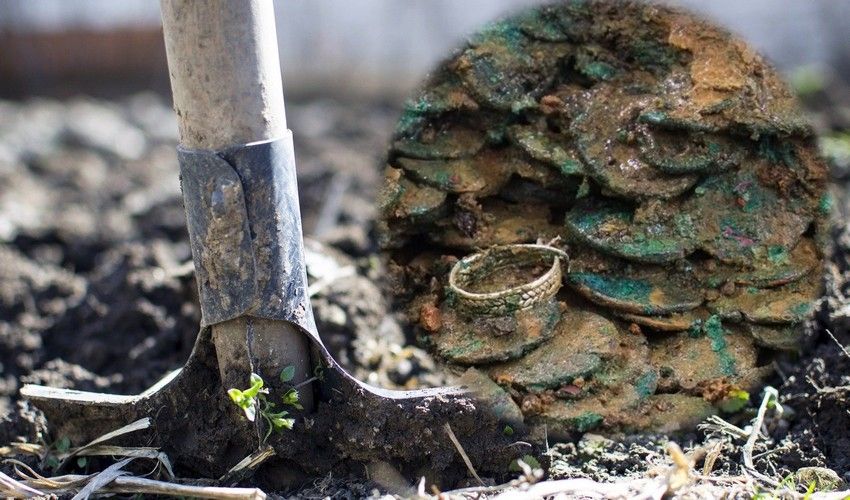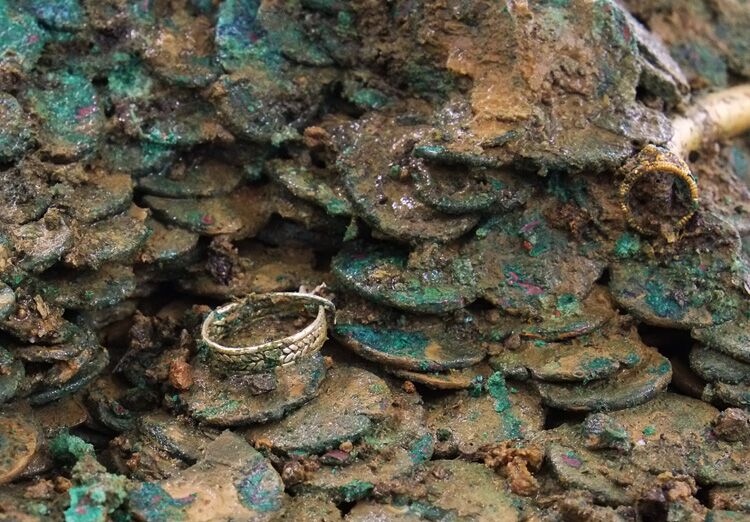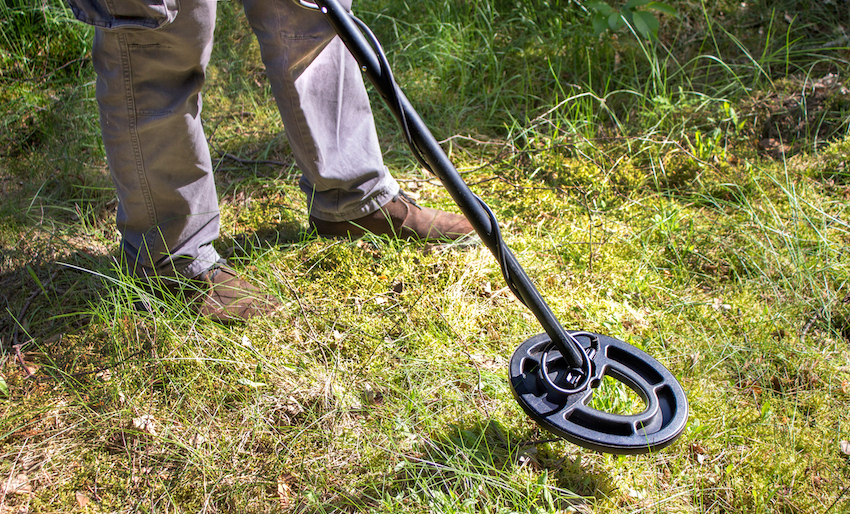


New laws are being prepared to give better protection to hidden treasures discovered in the island amid a rise in amateur metal detecting.
The law does not currently require islanders to report any of their finds but the Minister for Economic Development, Tourism, Sport and Culture, Senator Lyndon Farnham, is hoping to change that.
Earlier this month, he signed a Ministerial Decision asking his officers to contact HM Attorney General with instructions on how the law should look. They will then be sent on to the law draftsmen so that the new legislation can be written.
Senator Farnham’s decision to bring forward a Heritage and Antiquities law aims “to provide clarity on heritage matters and to ensure the island is able to comply with recognised best practice and any relevant international conventions that extend to Jersey” and would finally bring fruition to plans first considered around 30 years ago.

Pictured: Senator Lyndon Farnham, the Minister for Economic Development, Tourism, Sport and Culture.
A report attached to the Ministerial Decision notes that heritage matters “are not currently covered by “adequate protective legislation”, with treasure troves being governed by what is described as “limited customary law”. In addition, the document says the island lacks “a robust, statutory set of protections for antiquities, including with respect to their movement, treatment discovery and custody.”
The document states that better protection is needed as the island’s heritage plays a “highly significant part in making Jersey a place where people want to live and visit”, while describing the local archaeology as “one of Jersey’s most precious cultural resources” which provides the key to understanding “vital chapters in human history and prehistory."
“There are few areas of similar size anywhere in Europe that have a comparable range of sites and material,” the report, compiled by a Director from the Economic Development, Tourism , Sport and Culture (EDTSC) Department, notes.

Pictured: The discovery of Le Catillon Celtic Coin Hoard in 2012 highlighted the “deficiencies” of the current situation.
Plans for such legislation were first discussed in the late 1990s in the wake of the introduction of the Treasury Act and Portable Antiquities Scheme in England and Wales, but there has been “little progress” since then and Jersey has “fallen behind” similar jurisdictions.
Meanwhile, the report adds, interest in archaeological activity has increased through a combination of amateur metal-detecting, visiting archaeological teams (as part of research projects), and developer-funded archaeology (as part of the planning process).
The discovery of Le Catillon Celtic Coin Hoard in 2012 highlighted the “deficiencies” of the current situation, where there is no law to govern the legal position for finders, landowners, heritage bodies, the Crown or the Government.
While Jersey Heritage has developed an online 'Historic Environment Record', there is no legal requirement to record any discovery there, and therefore the system is purely voluntary. The EDTSC departments fears that, in practice, “only a small percentage” of finds are recorded, threatening the loss of “irreplaceable historic objects and archaeological inheritance”.

Pictured: There is currently no law governing the use of metal detectors on land.
In addition, there is no law governing the use of metal detectors on land, other than with respect to sites of special interest.
While archaeological surveys are sometimes as a condition to a planning permission, there is no legal framework that states what should be done with any archaeological remains found on sites that have not been surveyed before being developed or which are not considered as 'Sites of Special Interest' (SSI).
According to the department, the absence of regulation poses financial and reputational risks to the island, especially due to the existence of international obligations and conventions that extend to the island but are currently not respected.
“Jersey’s legislation in the areas of, inter alia, the protection of moveable objects (also known as ‘portable antiquities’), historic human remains, treasure or underwater archaeology is extremely limited and the Island risks breaching its international treaty obligations whilst also not being able to extend other treaties in which it may have a particular interest,” the document states.
The Chief Minister, Treasury Minister and Environment Ministers have been asked to support Senator Farnham’s decision to request the development of specific heritage legislation.
Comments
Comments on this story express the views of the commentator only, not Bailiwick Publishing. We are unable to guarantee the accuracy of any of those comments.